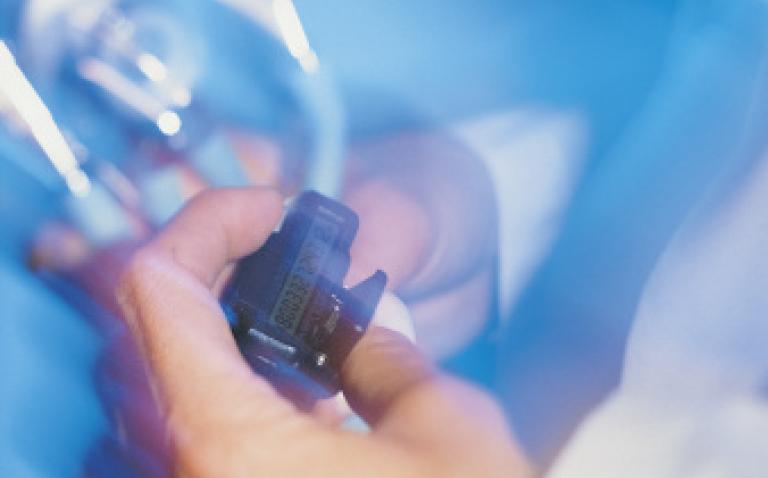Millions of pounds is being spent on outdated and even broken pager devices every year in NHS hospitals, whilst doctors are calling for more modern means of frontline communication, a new report has today revealed.
The report, which carried out a detailed examination into pager usage across 138 NHS trusts in England, found that NHS hospitals currently use more than 10% of all pagers in circulation worldwide, despite a sharp global decline in wider usage of the decades old technology.
Limitations of the devices and the fact that key suppliers have been abandoning the market, were highlighted in the report, which stated the health service could save more than £2.7m of the direct costs associated with pagers every year, by moving their function to alternative and more capable devices such as smartphones. The NHS was said to face direct costs of more than £6m per year from pagers.
Substantial additional savings for the NHS could also be released from network maintenance costs associated with pagers, and from more efficient ways of working in hospitals that could be enabled by more modern mobile devices.
Pagers were criticised for being unable to support vital two-way communication between NHS professionals, despite the fact that they still remain a dominant method of emergency communication, especially in acute hospitals.
However, some digitally progressive trusts were already found to be moving away from pagers, even though 97.8% of hospitals still relied on the devices.
Pagers in the NHS: The Cost of Ageing Comms Channels in Healthcare, was produced based on research across acute, community, and ambulance trusts, that was commissioned by mobile technology company CommonTime. It revealed that more digitally mature trusts with more funds, had less reliance on pagers, and that three of the trusts examined were found to not use pagers at all.
Commenting in the report, Rowan Pritchard Jones, a consultant plastic reconstructive surgeon and chief clinical information officer at St Helens and Knowsley Teaching Hospitals NHS Trust, said: “Pagers represent 20th Century technology and are a blunt instrument for communication. Apart from a ‘fast bleep’ doctors have no sense of the urgency or priority of a call, end up writing down messages that can be lost, and often find a telephone number engaged when they do answer it.
“There has to be a more refined, accountable, reliable way to communicate. Doubtless a task the smartphone could cope with provided we are assured of the wifi or signal coverage in modern day hospitals.”
Dr Johan Waktare, a consultant cardiologist, who serves as director and health informatics consultant at ITEH, also commented in the report: “Pagers are a technology that have very much stood still. There is always a strong case for having a resilient way of being able to contact people, classically for crash alerts. But, for many of the other tasks that pager technology is used for, they’re not very efficient and clinical time is wasted. Pagers are so much part of the wallpaper in the NHS, nobody is really thinking about how we could best meet our workflow needs in 2017.”
Warning that key supplier Vodafone has now left the pager market, the report also theorised that a reliance on inefficient and limited methods of communication, like pagers, could be a driver in NHS staff turning to shadow IT, and discussing patients through consumer technologies like Snapchat and WhatsApp.
Steve Carvell, head of public sector at CommonTime, the organisation which authored the report, said: “Ever more resilient forms of mobile technology are in demand by staff on the frontline of the NHS to allow them to quickly understand and communicate pressing needs of individual patients in their care.
“On the one hand a lack of robust and effective communication systems is driving staff towards alternative, non-approved technologies. But more than this, at a time of greater pressure than ever, healthcare professionals do not have time to waste manually chasing after bleeps – they need instant detail in the palms of their hands that can help them to make informed decisions on clinical priorities. Pagers are no longer up to the job of serving an increasingly pressured NHS environment.”










